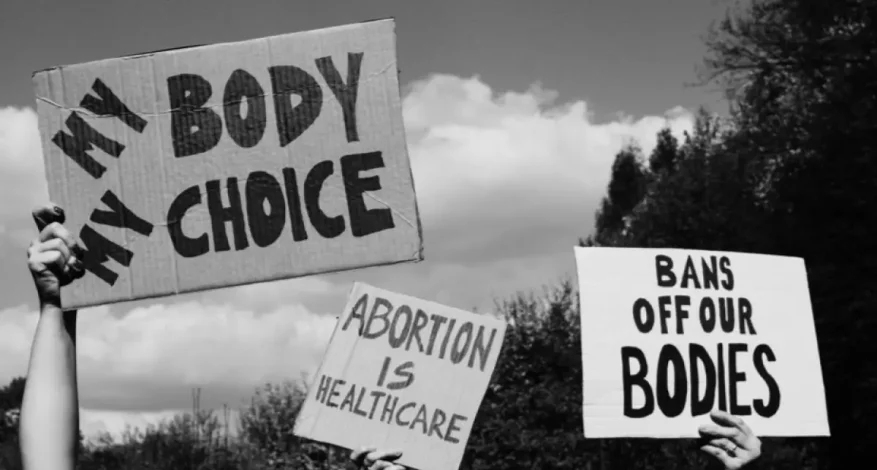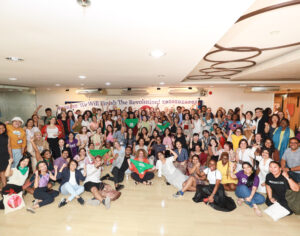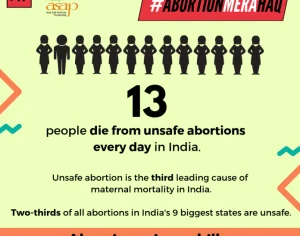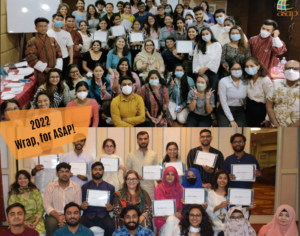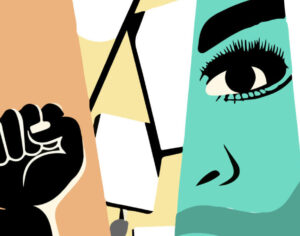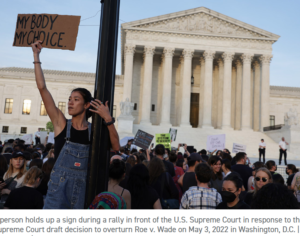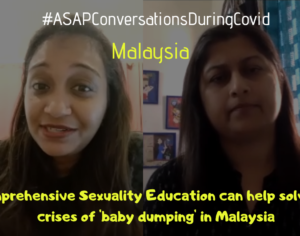Abortion Narratives: Stories and Testimonials
This blog was published in 2012 as part of our campaign on International Safe Abortion Day on 28th September. Then known as International Day for the Decriminalization of Abortion.
Asia has the world’s largest population, and the highest number of unsafe abortions – about 9.2 million each year. Nearly half of the world’s unsafe abortions take place in Asia; almost one-third in South Asia alone.
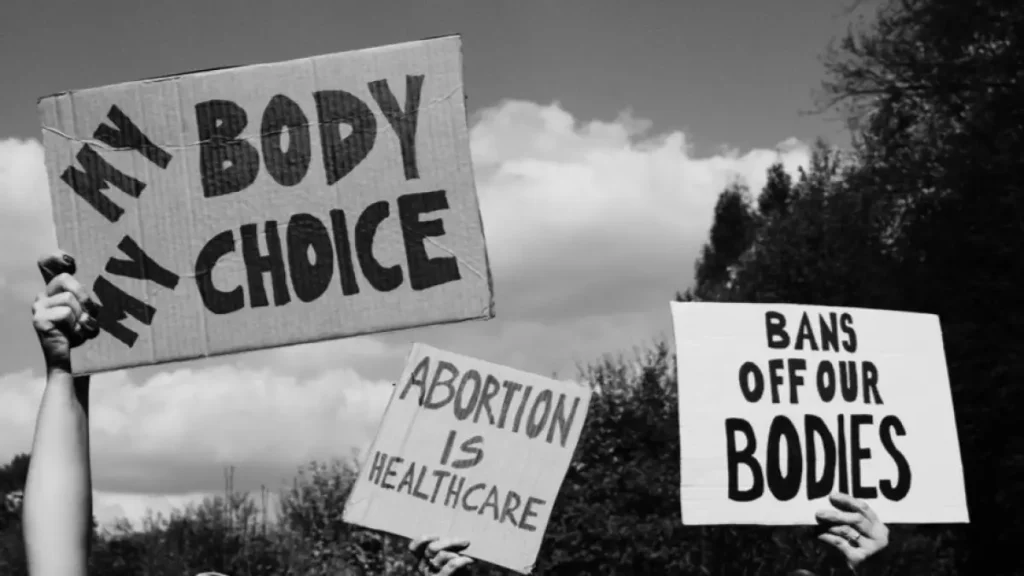
The Asia Safe Abortion Partnership has been working to improve access to safe abortions, and decrease unsafe abortions across 15 Asian countries. We are very proud of our partners, who have worked hard to improve women’s health and promote women’s rights in these nations. Every day, our members and partners struggle against stringent laws, conservative politicians, religious fundamentalism and patriarchy to help women have access to safe abortion.
On the eve of September 28,the International Day for the Decriminalization of Abortion, we’d like to share a few testimonials that highlight the importance of the work our partners and members do.
Dr. Phan Bich Thuy, ASAP Steering Committee Member writes:
I support safe abortion because in Vietnam where I work, although almost women receive safe abortion service the minority still suffer from complications of unsafe abortion which contribute 11.5% of maternal mortality in our country. Young unmarried women are most vulnerable victims of unsafe abortions, because the stigma associated with pre-married pregnancies and abortion, makes it hard for them to seek safe abortion services.
In addition, while we have successfully developed Comprehensive Abortion Care (CAC) model in Vietnam, abortion service is illegal in many countries in the region. I commit to help my international colleagues to advocate for safe abortion and to be trained on updated safe abortion technologies in order to provide this important service to all women in need.
AE, a woman who used the Sahailee hotline (Pakistan) run by our partner organization Aware Girls says:
Sahailee hotline has empowered me to take a decision about my body. Women can use Misoprostol for abortion without a doctor’s supervision and that is really empowering. I am from a very poor family and we cannot afford another child at this stage. I did not want to go to a government hospital because of the behavior of the doctors. They would ask me about the reason for abortion and doctors do not consider poverty as a reason for abortion. If they agreed then they would have asked me for a huge bundle of money which I was unable to pay. It would have created more tensions in my life. I would not able to feed my baby and educate him/ her. I am thankful to the Sahailee hotline for their help and support. I wish that every women of our society could have access to the Sahailee hotline.
A counsellor who works for the Aware Girls Suhailee Hotline says:
“When I was working in an NGO earlier, they were using surgical instruments and no painkillers and women used to cry with pain, so I was very afraid of Abortion. But after joining this Hotline my perceptions changed, now I am not afraid of Safe Abortion, and I believe that we can reach many women through this Hotline, but we have to market this Hotline at the level of rural areas.This Hotline is very beneficial for women, because if they have an abortion in Clinic, it costs them at least 100 Dollars. But with the help of our Hotline, it costs them less than 2 Dollars. It costs just 2 Dollars to save the life of women. Medical abortion using Misoprostol is the simplest and safest procedure I have ever heard of, so I have loved working for this Hotline.”
Unfortunately, not everyone shares our views on safe abortion. Among those who nurture negative attitudes to abortion services are care providers. Below are two testimonials from doctors from Pakistan:
“I commit abortion as a murder. Abortion is just like killing an adult human being. It is not in Sharia (Islamic rules) and is illegal in Pakistan. If a woman comes for abortion in our hospital we kick her out of the hospital. If a woman kills her baby intentionally, then it will be her sin not ours and then we can think to handle the situation to save mother’s life. We do not have any right over our bodies neither on our future child. Abortion has only negative effects. If there is no medical disorder and the family is economically stable then it is not a solid reason for abortion.”
“I am working from 25 years but during this time period I have not given even a pill to women for abortion. I am personally against abortion. If someone is married then they should follow proper procedures to prevent themselves from abortion. They must do family planning and use contraceptives instead of abortion. Woman must do nothing without her husband’s permission.”
ASAP and its partners work every day to change this perception of abortion, and to promote abortion as a basic right. But this is difficult, as Adv. Sapana Malla pointed out recently in Nepal.
It was not easy to legalize abortion in Nepal, because of the social and culture prejudice. We were told, ‘if you are making abortion legal, you are making a sex-free society. You are promoting immoral activities.’ But we did not stop ourselves. Now abortion is legal, but sexual freedom is even now seen as immoral.because of the cultural context.”
Even in countries where years of struggle has led to legalization of abortion, our members and friends are fighting a new wave of religious fundamentalism. This is currently true of Turkey. Prof. Ayse Akin writes
“Only 3 months ago all of a sudden our Prime Minister publicly stated his opinion against abortion. All of us who know the history of induced abortion in Turkey were shocked and could not know what to think and what to say. All advocacy activities started all over again but this time we are not fighting to gain something new, but protecting a right that was already granted to us.
We have a proverb in Turkey that says “the rivers cannot be streamed back”. Therefore that unfortunate idea was only “a slip of the tongue of our Prime Minister”. This is my personal opinion. After having been a physician for over 40 years and witnessing all the progress – the failures and successs in women’s health in Turkey I hope women will continue to enjoy their reproductive rights freely.”
In the upcoming years, we hope to work hard to help women in remote and rural areas gain access to safe abortion, and expand our community to other countries in the Asia-Pacific area. But in the meantime, write to us at discussions.asap@gmail.com and share your story.
